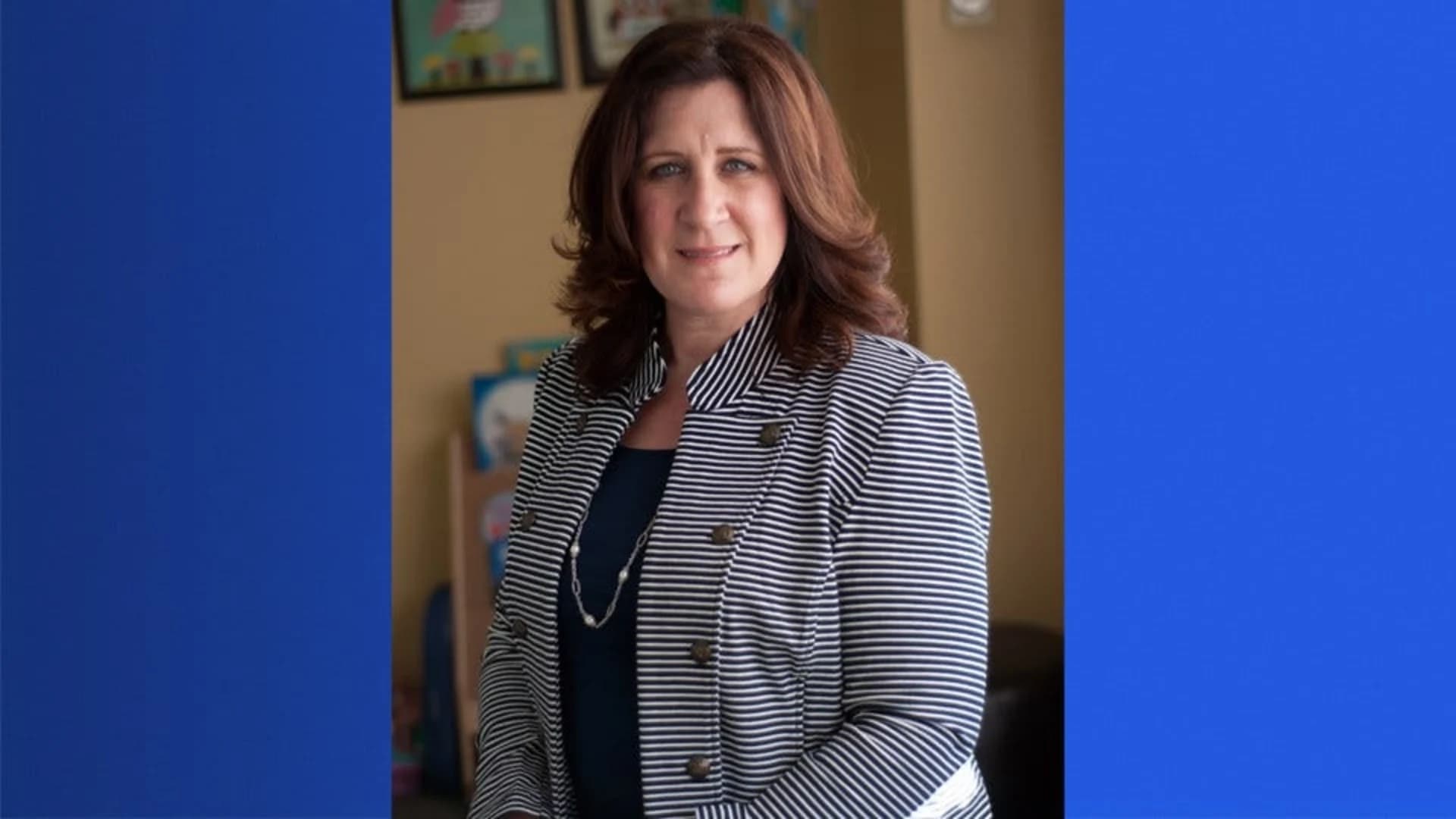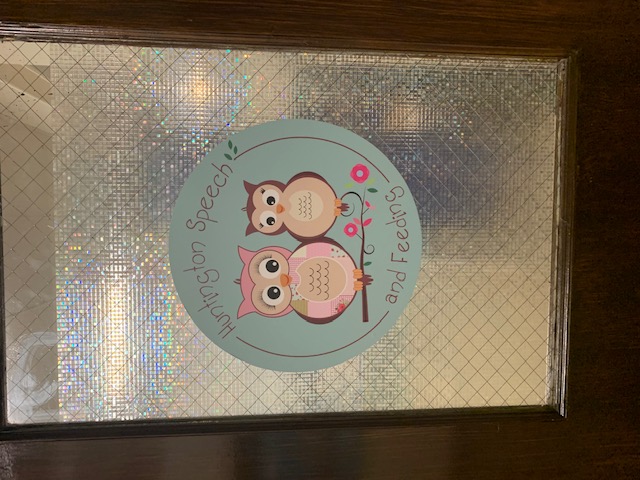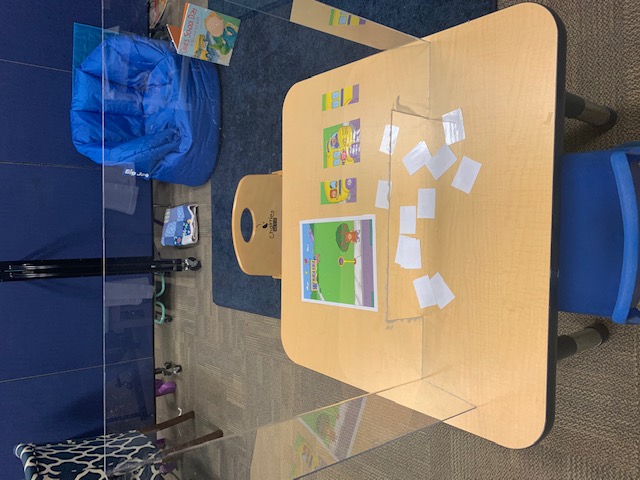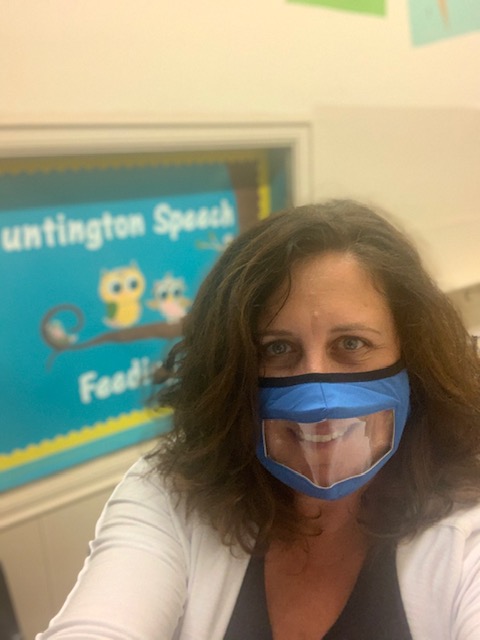
My name is Lori Wasserman-Rizzo. I have been a practicing speech-language pathologist for over 20 years, and I’m the proud owner of Huntington Speech and Feeding PLLC. I am also the mother to two boys in the Northport School District.
Huntington Speech and Feeding is a small family centered and results oriented practice located in Centerport, New York. We specialize in pediatric speech, language and feeding development. Our areas of specialization include, and are not limited to, late talkers, children with apraxia, social communication needs, hearing impairment, expressive and receptive language delay, phonological disorders, articulation delays, myofunctional disorders, lisp, r distortion, feeding aversions, feeding transition, oral motor delay, early reading and phonological awareness. Our philosophy is to achieve goals while building a child’s confidence and our focus is to always empower and educate parents during the therapeutic process. In addition to intervention, we offer evaluations and consultation services.
Sept. 18 - Blog by Lori Wasserman- Rizzo
Well, we have had two successful weeks at Huntington Speech and Feeding thus far!

We are preparing the office space before each child arrives and after each child departs to ensure that safety protocols are followed as per the CDC and the Suffolk County Department of Health. Tables and chairs are wiped down with disinfectants and are all surfaces are sanitized. Each child has their own supplies, including writing instruments, glue sticks and manipulatives. Temperatures are taken prior to each session and documented in a a COVID-19 Health Assessment form for both children and providers on a daily basis.

Providers are required to wash their hands before and after visits and children are brought to the sink to wash their hands when they enter. Anyone that enters the building and therapy room must wear a mask, and there is only one family in the waiting room. We as providers wear masks for the full session and when we speak to parents and caregivers. At times, we add a plexiglass divider in addition to the mask as an extra measure if a child cannot tolerate wearing a mask.

The children have adjusted to the “new way” and have shown some initial anxiety around the masks and seeing us as clinicians looking different. It is especially nice when they can express this feeling verbally so that we can have a dialogue. Wearing a mask with a window insert has been extremely helpful so that the kids can see our expressions and look at our mouths for speech cues. The masks do tend to fog over time, but they are better than using a full mask that covers our mouths.

As far as wearing masks, it has been a challenge for some our clients with social deficits, especially with the toddler population. I think it brings more of a challenge or barrier to interaction with any child and these children in particular benefit from seeing the entire face. Our aim is to keep the children safe while having fun and keeping the therapy experience light and positive at all times. Some of our students receive face to face instruction while other families have requested hybrid or completely remote sessions. We have the ability to provide therapy in all modalities and accommodate as needed. Myself and my colleagues all have children so we are all working part time so that we can be available for them on the days they are remote from school. This impacts our availability as a practice as we have limited slots. Lots of changes but we are all taking it day by day and staying positive and focused on reaching our goals.
More from News 12
0:48

Over 1,000 Long Island nurses could strike as contract talks stall
2:02

Fantastic weather Thursday on Long Island ahead of weekend rain threat
2:05

Man pleads not guilty in death of CVS employee on Christmas
1:57

What you need to know about the MTA’s on-board mobile ticket activation surcharge
1:37

Dozens of Long Island students named semifinalists in country's oldest and most prestigious science competition
1:34
